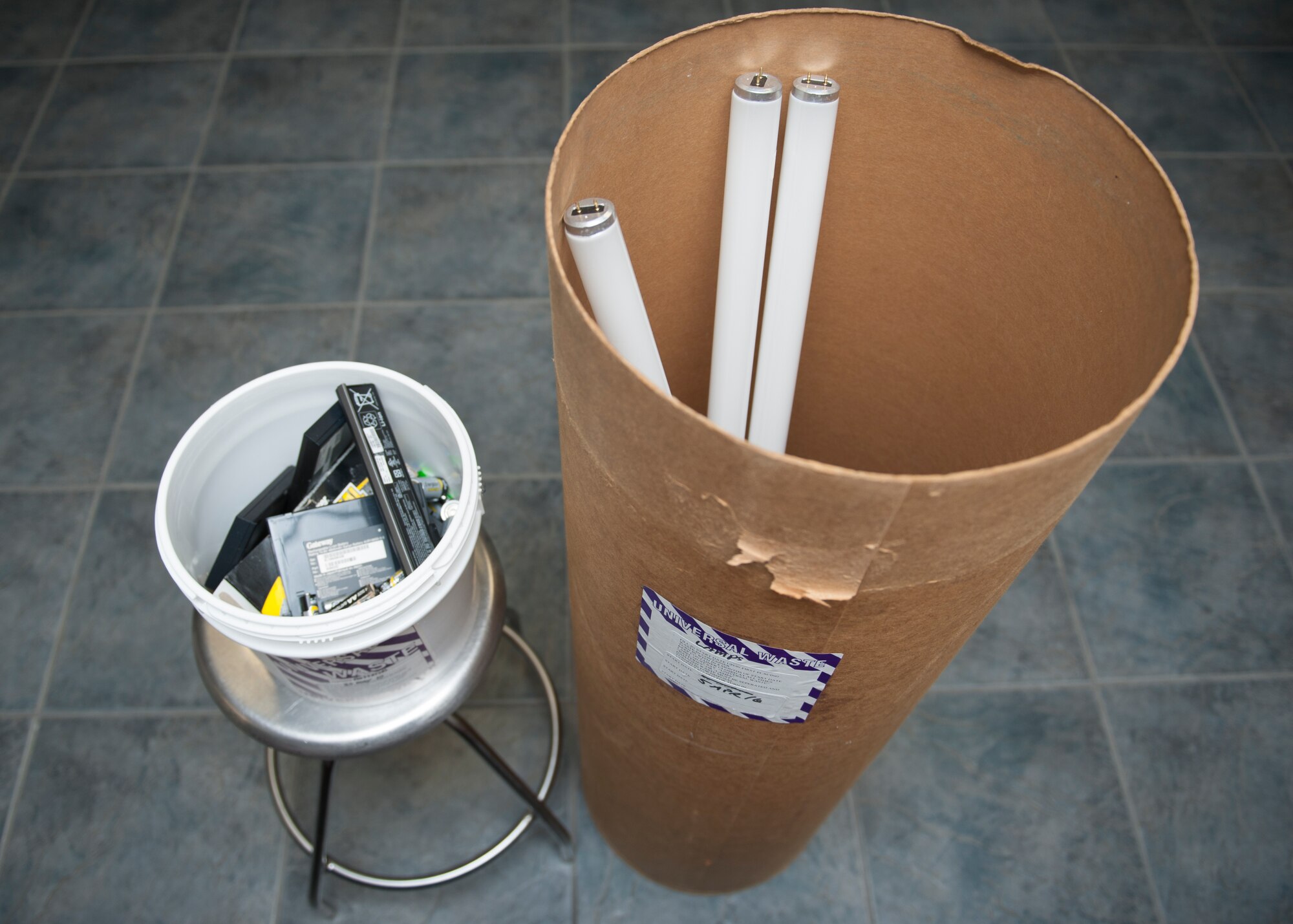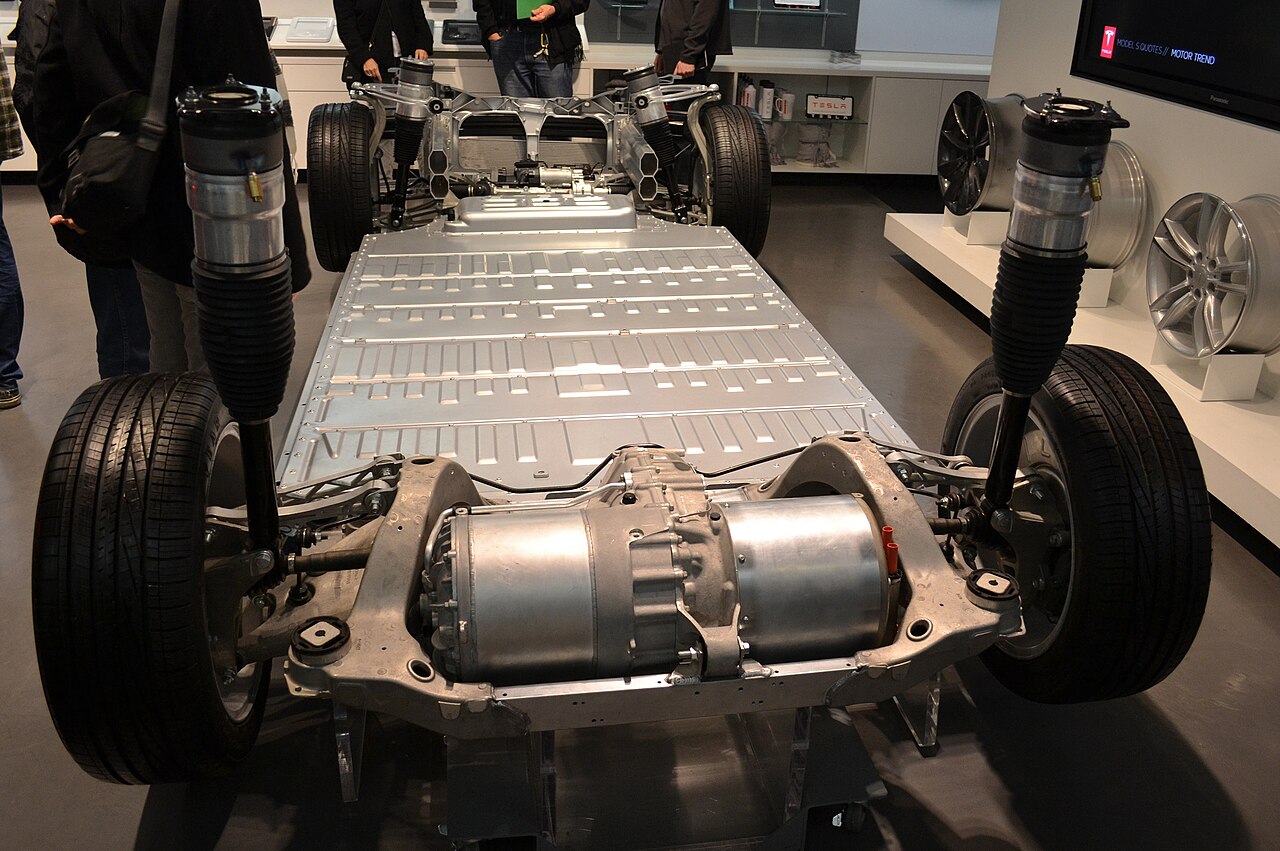There are many types of batteries, each with its own benefits and drawbacks. The most common type of battery is the lead-acid battery, which is used in most cars. Lead-acid batteries are very heavy and not very environmentally friendly, but they are also very cheap and have a long life span.
Another common type of battery is the lithium-ion battery, which is used in many laptops and cell phones. Lithium-ion batteries are much lighter than lead-acid batteries and are more environmentally friendly, but they are also more expensive and have a shorter life span.

what types of batteries are there
There are three main types of batteries: lead-acid, nickel-cadmium, and lithium-ion. Lead-acid batteries are the oldest type of battery and are typically used in cars. Nickel-cadmium batteries are newer and are often used in portable electronic devices. Lithium-ion batteries are the newest type of battery and are used in many high-end electronics.

what types of batteries are rechargeable
There are many types of rechargeable batteries, the most common being lead-acid, nickel-cadmium (NiCd), nickel-metal hydride (NiMH) and lithium-ion (Li-ion). Lead-acid batteries are the oldest type of rechargeable battery and are still used in some applications, such as cars and backup power supplies.
NiCd batteries were once the most popular type of rechargeable battery but have been replaced by NiMH and Li-ion batteries in most applications due to their higher energy density and lower self-discharge rate.
what types of batteries are used in electric cars
There are three types of batteries that are commonly used in electric cars: lead acid, nickel-metal hydride, and lithium ion. Lead acid batteries are the least expensive, but also the least energy-dense, meaning that they are not as efficient as the other two options.
Nickel-metal hydride batteries are more expensive than lead acid batteries, but are also more energy-dense, making them a more popular choice for electric cars. Lithium ion batteries are the most expensive option, but they are also the most energy-dense, making them the most efficient choice for electric cars.
what types of batteries does tesla use
Tesla uses a variety of batteries in their products, including the Model S and Model X electric cars, the Powerwall home battery, and the Powerpack commercial battery. The type of battery used depends on the application. For example, the Model S uses a lithium-ion battery, while the Powerwall uses a nickel-cobalt-aluminum (NCA) battery.

what types of batteries are universal waste
There are three types of batteries that are considered universal wastes: lead-acid, nickel-cadmium, and lithium ion. Lead-acid batteries are the most common type of battery used in vehicles. Nickel-cadmium batteries are often used in portable electronic devices, such as laptop computers and cell phones. Lithium ion batteries are used in many high-end electronic devices, such as digital cameras and electric vehicles.

what types of batteries are not allowed on airplanes
Passengers are permitted to carry batteries for personal use on board an aircraft, but there are restrictions on what types of batteries are allowed. Spare (uninstalled) lithium metal and lithium ion batteries are not permitted in checked baggage. Only installed lithium ion batteries are allowed in checked baggage with airline approval.
Passengers must carry spare (uninstalled) lithium metal and lithium ion batteries in their carry-on baggage only. These batteries must be individually protected to prevent short circuits. Each battery must not exceed the following:
Lithium metal: 2 grams
Lithium ion: 100 watt hours
Rechargeable or non-rechargeable lithium batteries that contain more than 8 grams of lithium content are forbidden entirely from both checked and carry-on baggage.


Comments
Post a Comment